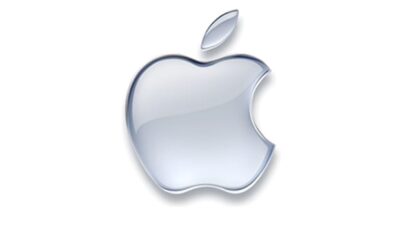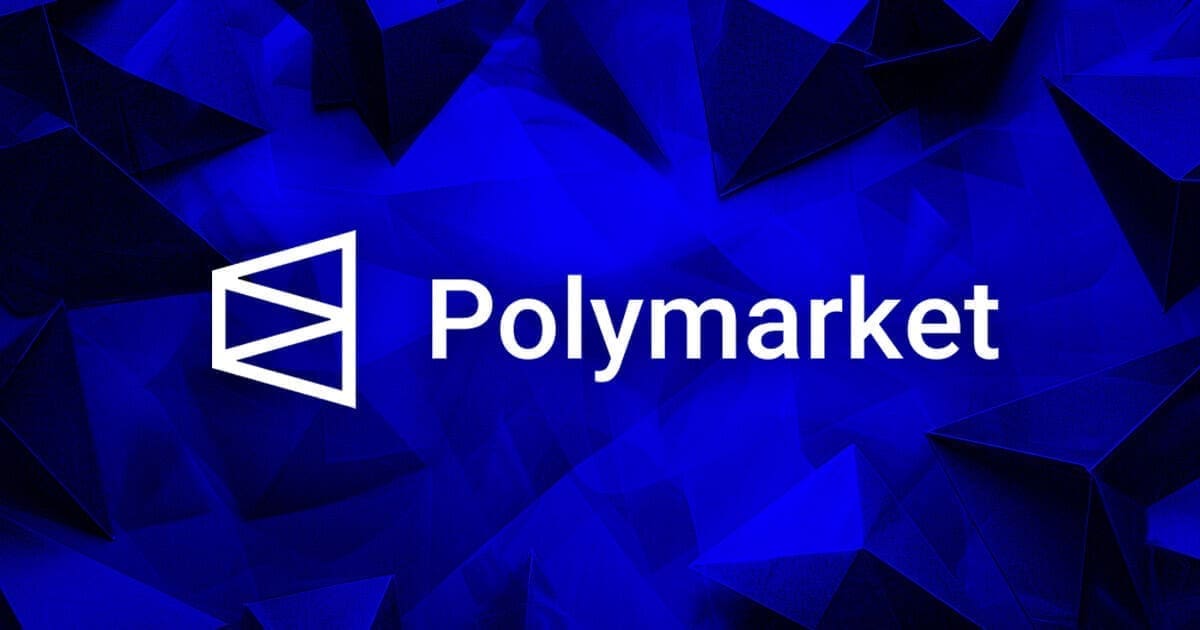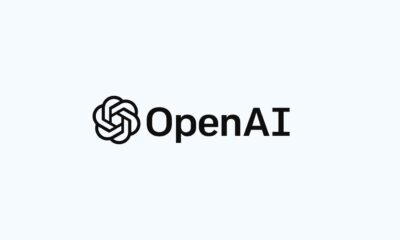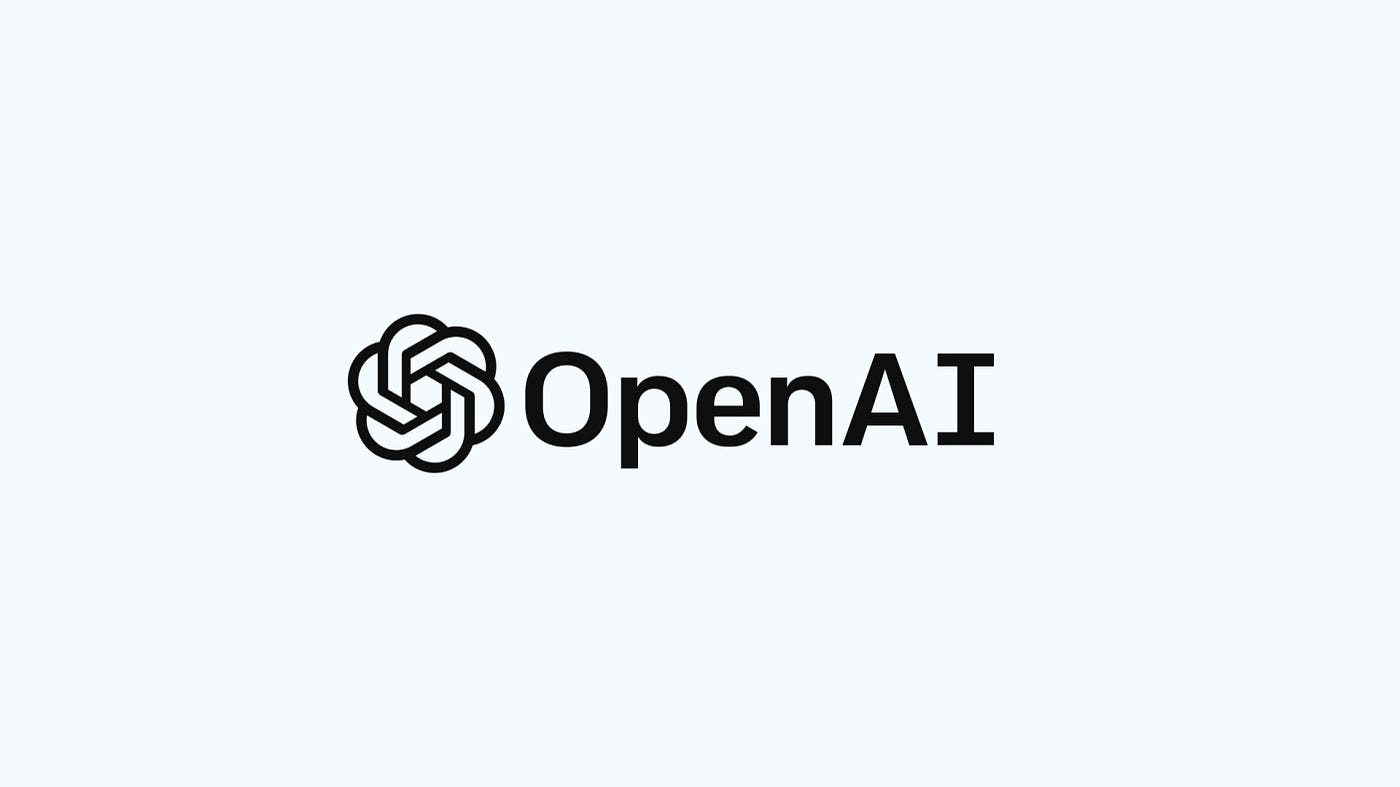BlackRock’s Bitcoin exchange-traded fund (ETF) experienced one of its largest outflows on record, marking the sixth time the fund has seen significant withdrawals. This latest outflow comes as market volatility, partly driven by the U.S. presidential election cycle, has prompted investors to pull back from digital assets. The fund, which tracks Bitcoin’s price movements, had been a popular investment vehicle for institutional and retail investors alike. However, amid heightened uncertainty in the broader financial markets, particularly in the lead-up to the election, Bitcoin-related investments have seen a decline in demand.
The outflow from BlackRock’s Bitcoin ETF is seen as a reflection of the broader market sentiment, as investors adopt a more cautious approach ahead of the election. Historically, election years have been marked by increased volatility in financial markets, as political uncertainty often leads to fluctuations in investor confidence. Bitcoin, as a highly speculative asset, has been particularly sensitive to shifts in market sentiment, and the current political climate in the U.S. has added another layer of uncertainty to an already turbulent year for cryptocurrencies.
Despite the outflows, the BlackRock Bitcoin ETF continues to be one of the largest and most prominent funds in the cryptocurrency space. BlackRock, the world’s largest asset manager, has been at the forefront of efforts to integrate Bitcoin and other digital assets into traditional investment portfolios. While the recent outflows may reflect short-term investor caution, many experts remain bullish on the long-term prospects of Bitcoin, particularly as the asset becomes more widely adopted by institutional investors.
The timing of these outflows underscores the challenges facing digital asset managers in navigating broader market conditions. With Bitcoin and other cryptocurrencies still in a phase of price discovery, external factors such as regulatory developments, macroeconomic trends, and political events like elections will continue to play a significant role in shaping market dynamics. The outcome of the U.S. elections, combined with the continued evolution of the crypto landscape, will likely influence investor sentiment toward Bitcoin ETFs in the months ahead.

 Business1 week ago
Business1 week ago
 News1 week ago
News1 week ago
 Business1 week ago
Business1 week ago
 Business1 week ago
Business1 week ago
 Business1 week ago
Business1 week ago
 Business1 week ago
Business1 week ago
 Business1 week ago
Business1 week ago
 Business1 week ago
Business1 week ago



























